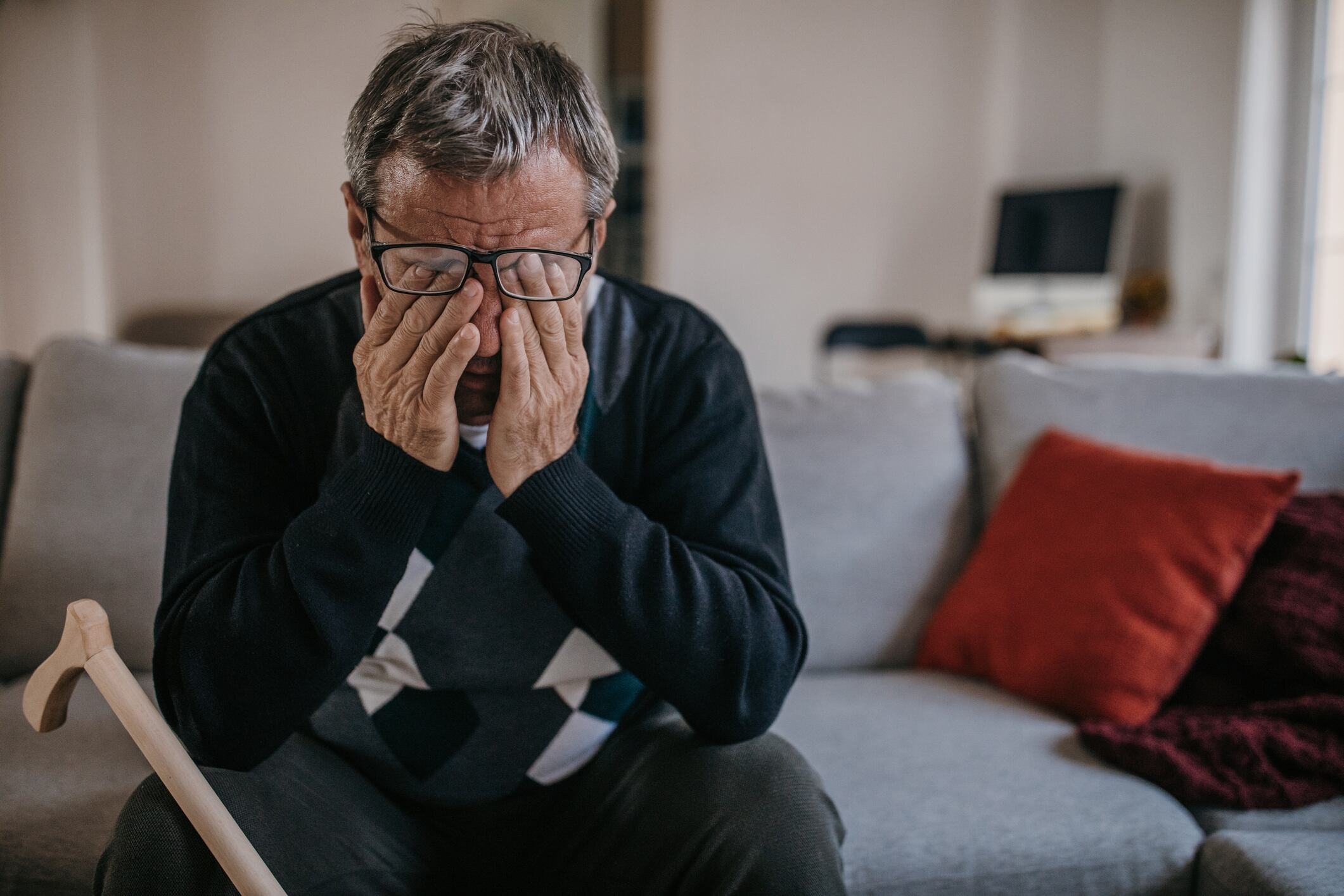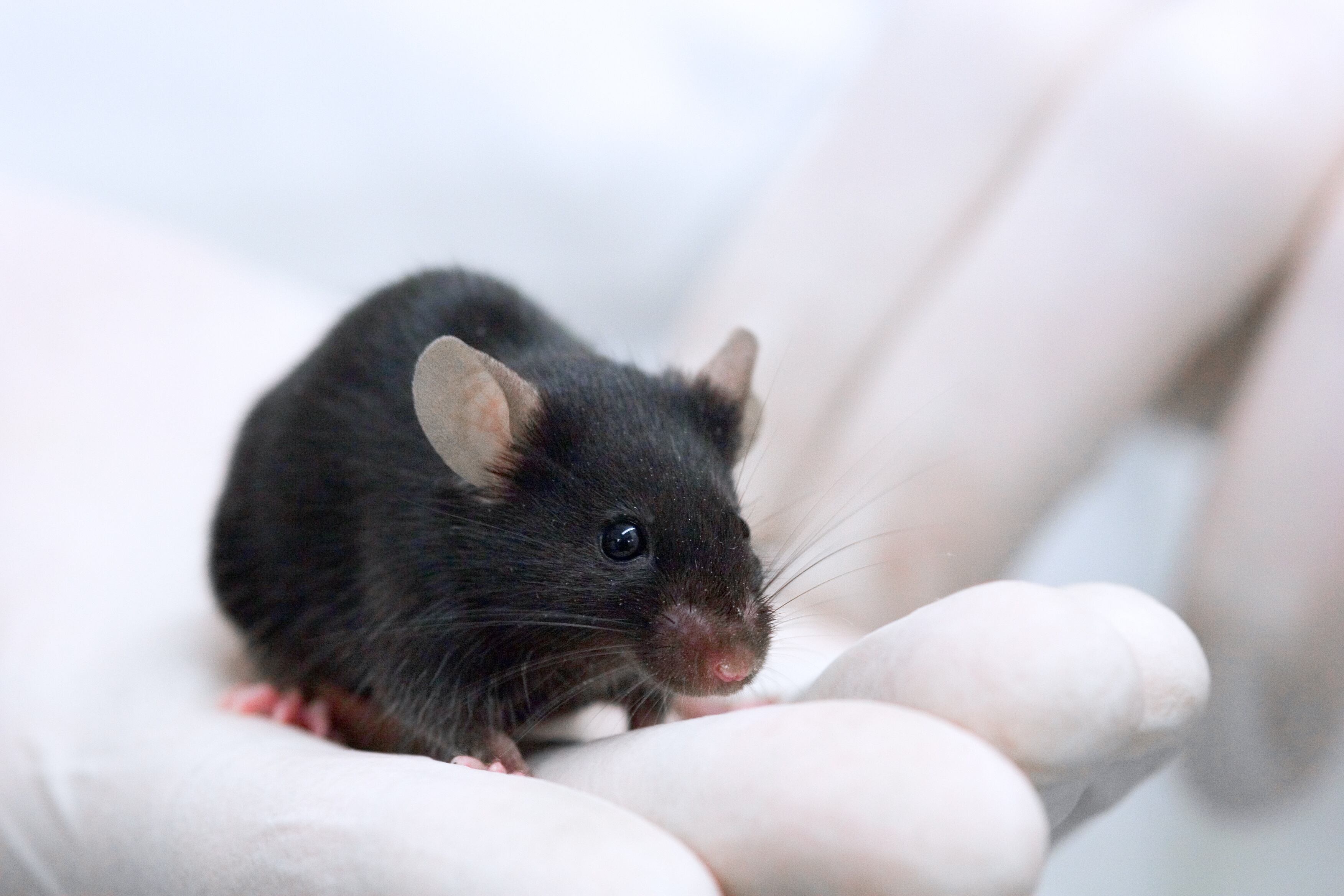“This systematic review presents the recent evidence on how sleep disturbances throughout the lifespan associate with and contribute to gut microbial composition changes, proposing a mechanism to understand the etiology of sarcopenia through sleep disturbances,” the team of scientists from research institutions in the Netherlands and United Kingdom wrote.
The investigation is part of the VOILA project, funded by The Netherlands Organization for Health Research and Development (ZonMw), exploring the intersection between gut, immuno-metabolic and musculoskeletal health to develop biomarkers for healthy aging.
Sleep and the gut microbiome: ‘A cyclical relationship’
The review compiled 1978 clinical studies through a search of the PubMed, Cochrane Library, Scopus and Web of Science database from January 2000 to January 2022 using key words (microbio* OR microflora) AND (sleep OR sleep disorder). Of these, 11 studies met the inclusion criteria for systematic review, including six cross-sectional and five experimental clinical studies in healthy individuals between the ages of 4 and 71.
“The aforementioned clinical studies support a decreased relative abundance of commensal bacteria with a concomitant increase of potential pathogenic bacteria after sleep deprivation,” the researchers wrote.
The analysis points to associations between sleep disturbance and the activation of the cortisol production, altering gut bacterial composition and reducing intestinal barrier function. It also suggests that bacterial changes may stimulate pro-inflammatory cytokines including TNF-alpha and IL-6 to further exacerbate sleep disturbance. In terms of protective bacteria, the researchers highlight bacterial metabolites such as the SCFA butyrate, which communicate via the vagus nerve and act as a signaling molecule to induce sleep onset.
“The theoretical underpinning is that sleep and the gut microbiome have a cyclical relationship through immune, metabolic and neuroendocrine pathways,” they added.
A case for sarcopenia
The review sets forth a case for sarcopenia – one of the most important causes of functional decline and loss of independence in older adults – based on the role of chronic low-grade systemic inflammation in the complex pathophysiology of the disease.
“Major hallmarks of functional loss, loss of metabolic and musculoskeletal health and (multi)morbidity with aging are associated with sleep disturbances,” the researchers noted. “With poor sleep, shifts in gut microbial composition commonly manifest, which could mediate the pro-inflammatory state between sleep disturbances and sarcopenia.”
They added that one night of total sleep deprivation “is sufficient to promote anabolic resistance and favor muscle catabolism by blunting muscle protein synthesis."
The review also addressed specific similarities reported in the cross-sectional studies between sleep quality with bacterial diversity and differences for sleep duration with taxa abundance throughout the lifespan.
“In older adults, shorter sleep duration is associated with an increase in pro-inflammatory bacteria whereas increasing sleep quality is positively associated with an increase of beneficial Verrucomicrobia and Lentisphaerae phyla,” the researchers wrote. “In young adults, the effect of sleep disruption on gut microbiome composition, specifically the ratio of beneficial Firmicutes over Bacteroidetes phyla, remains contradictory and unclear.”
As such, they call for further research into the modulatory effect of the gut microbiome between sleep disturbance and muscle dysfunction during aging.
Source: Sleep
“Gut microbiome changes due to sleep disruption in older and younger individuals: a case for sarcopenia?”
Authors: Jordi Morwani-Mangnani et al.




